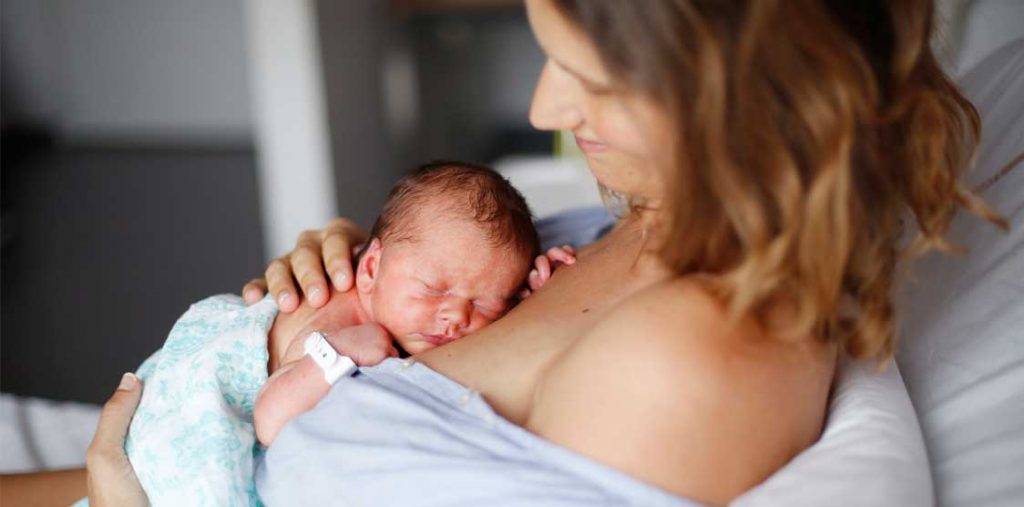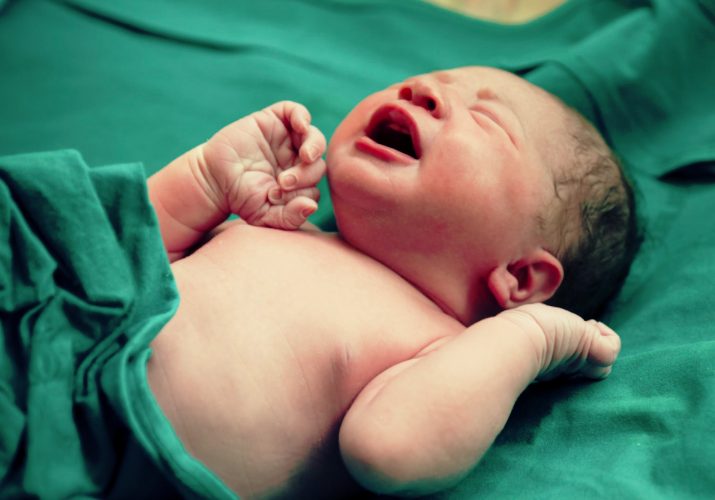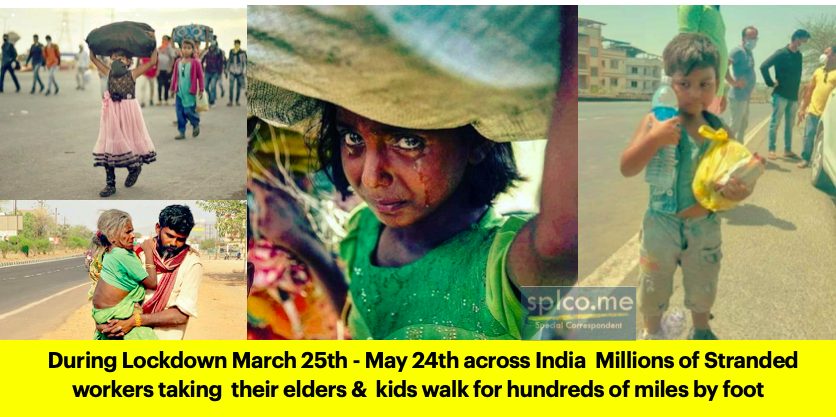[splco_heading size=”15″ align=”left” margin=”30″]Corona virus Health system overload threatens pregnant women and newborns New mothers and their babies are facing systems in crisis, including overwhelmed health centres; supply and equipment shortages; and a lack of skilled birth attendants, including midwives.[/splco_heading]
Henrietta Fore, UNICEF Executive Director said In the nine months span dating from when COVID-19 was declared a pandemic, the countries with the highest numbers of forecast births are expected to be India (20.1 million), China (13.5 million), Nigeria (6.4 million), Pakistan (5 million) and Indonesia (4 million).
Most of these nations had high neonatal mortality rates even before the global health crisis.
And wealthier countries are also being seriously impacted, as trust and supplies run low. The sixth highest country for expected births, the United States, is projected to see in excess of 3.3 million babies born between 11 March and 16 December.
[splco_spacer size=”30″]

[splco_spacer size=”30″]
In New York City, authorities are looking into alternative birthing centres as many women are worried about delivering their babies in hospitals, due to the risk of infection.
UNICEF warns that although evidence suggests that pregnant mothers are not at greater risk of serious illness due to COVID-19 than other groups, countries still need to ensure they have access to antenatal, delivery and postnatal services.
Ahead of Mother’s Day, recognized in May across more than 128 countries, the UNICEF chief warned: “This is a particularly poignant Mother’s Day, as many families have been forced apart during the coronavirus pandemic…It is hard to imagine how much the pandemic has recast motherhood
“Millions of mothers all over the world embarked on a journey of parenthood in the world as it was”, said Henrietta Fore.
“They now must prepare to bring a life into the world, as it has become – a world where expecting mothers are afraid to go to health centres for fear of getting infected, or missing out on emergency care due to strained health services and lockdowns”.









